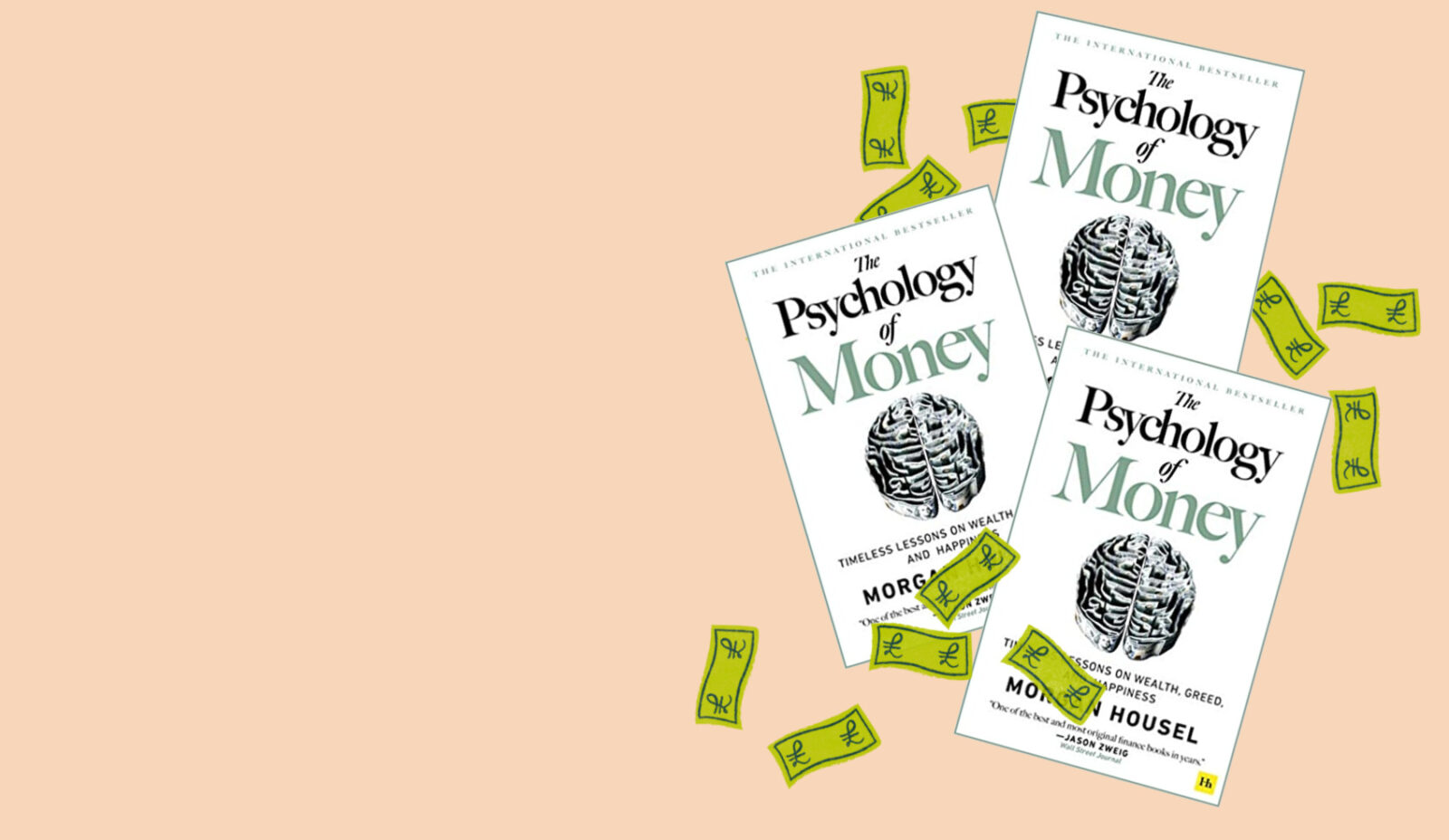We have a book club at Emery Little and one of our recent reads was The Psychology of Money, by Morgan Housel.
This one really stood out from many of the others we’ve read thanks to the engaging way that it explores the challenge of being a human on a planet that has recently (in the grand scheme of things) come up with the concepts of investment and finance.
This challenge has a lot to do with a stock market that behaves in ways unlike anything humans have experienced so far leading us to be poor investors by nature. As a species, we just don’t have that much experience of what it takes to be effective in the markets.
Take our knowledge of the weather for example. We’d all agree that we have a much better idea of what the weather will be tomorrow than in 20 years. This feels intuitive to us and is well understood by our brains.
The reverse is true with investment returns. We have almost no idea what the markets will do tomorrow (no one does, by the way) but a much clearer sense as to how things will look if we are able to stay the course over the coming decades.
This brings me nicely to a point that Housel makes in the introduction to the book…
“Doing well with money has little to do with how smart you are and a lot to do with how you behave. And behaviour is hard to teach, even to smart people”.
He shares a story about a gentleman called Ronald Read. Read was a petrol station attendant and janitor who had a net worth of over $8million, when he died at the age of 92. In his will he left $2million to his stepchildren and $6million to his local hospital and library.
Let’s put aside that if we’d been Ronald Read’s financial planner, we might have helped him to make use of some of his money while he was alive and able to witness the joy that it brought into the lives of others!
Ronald Read spent what he needed and invested the rest. He got on with the important things in his life and left the market to compound over decades. He was patient and didn’t allow the short-term noise to impact on his actions. In short, he recognised that he was playing a long-term game and behaved accordingly.
So what can we learn from Ronald Read?
Simply that it’s our behaviour that counts when it comes to successfully powering our financial plans. We need to focus on doing the right things, at the right time for the right reasons and to avoid reacting to the moves of the market.
How can we achieve this?
We can start by remembering that markets love certainty, so when they’re down it’s typically because something has caused general levels of uncertainty to rise. Think back to what we were all faced with in March of 2020. I remember feeling the most uncertain I’ve ever felt about the future and the markets showed that I was not alone.
The key is for us to get comfortable in advance with the fact that in times of uncertainty, we will need to stay steady and ride out temporary declines in valuations. We need to ready ourselves today to ignore the noise that will inevitably come in the years ahead.
This sounds simple but isn’t easy. As your Financial Planners, we’re here to guide you when you’re worried so if you’re ever feeling nervous please do get in touch.
We’ll get into this more in future articles, but for now we’d suggest that you take a moment to check in on your emergency fund. Through your work with your Planner, you should have an amount set aside in an accessible account to enable you to remain calm during periods of market turbulence in the years ahead.
As you consider the uncertainty that you’ll no-doubt feel next time the market is down, ask yourself whether you do have enough cash to enable you to tune out the noise coming from your portfolio?
If this exercise brings anything up for you, please get in touch with your Financial Planner.





